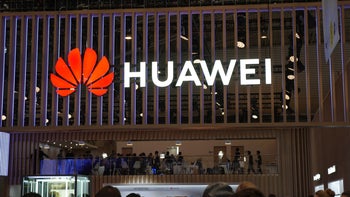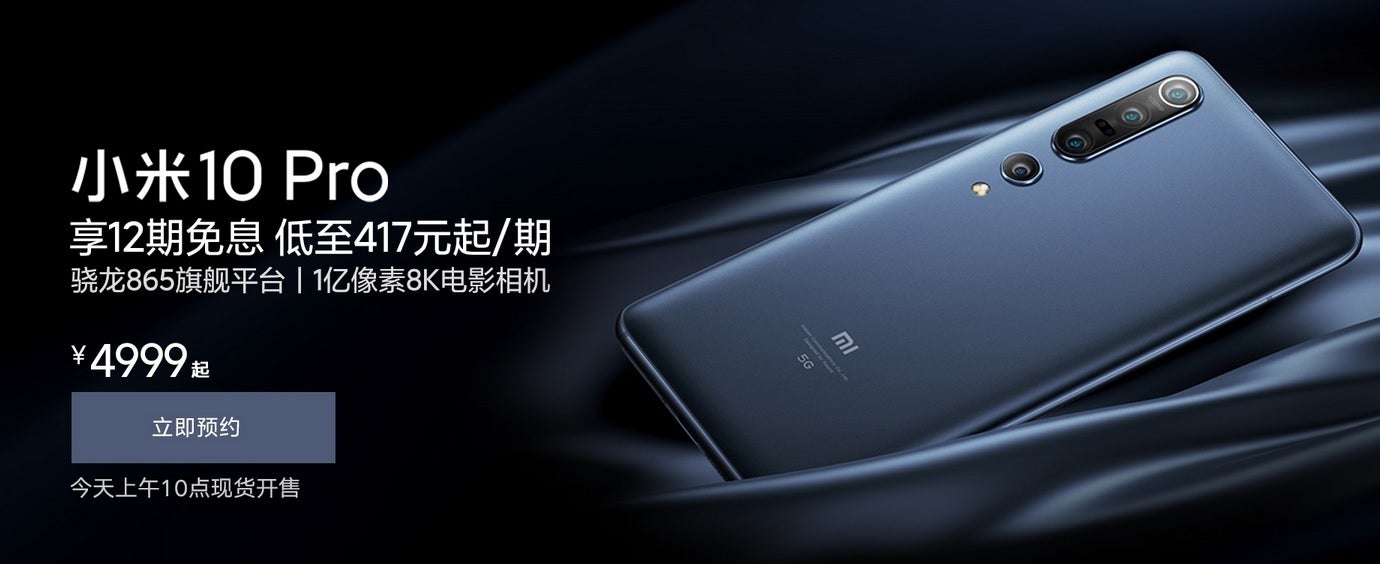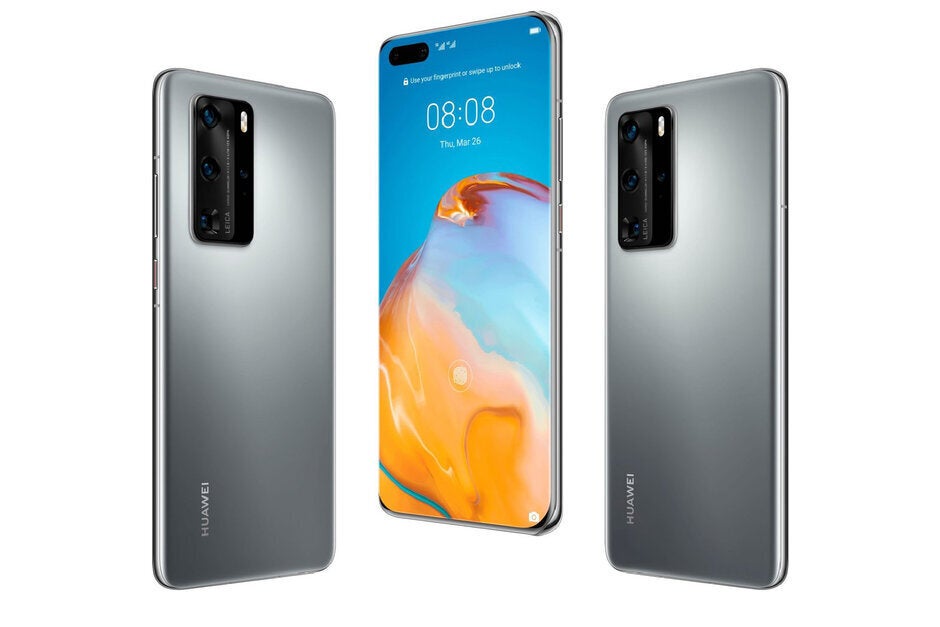Look out below! Huawei's global phone shipments are in freefall

Last year was a tough one for Huawei even though at the end of the day it managed to surpass Apple and ship nearly 240 million handsets. This was accomplished with one hand tied behind its back because of the company's placement on the U.S. Commerce Department's entity list for security reasons. Being on the list prevents the company from accessing its U.S. based supply chain. This means that Huawei cannot license Google Mobile Services; as a result, the company has to install an open-source version of Android on its new phones.
For the first time ever, in February Xiaomi shipped more phones than Huawei
Because of the U.S. supply chain ban, Huawei is unable to have Google's core Android apps run on its handsets. Those listings include the Play Store, Search, Gmail, Maps, Drive and more. While this has no effect on sales in China, where most of Google's apps are banned anyway, it can reduce global sales. But Huawei's domestic sales last year saved its consumer division. Consumers in China rallied around the manufacturer considering it a victim of U.S. bullying. For example, during the third quarter last year, Huawei delivered an incredible 66% year-over-year gain in domestic phone shipments giving it a mind-blowing 42% share of the Chinese phone market.

The Xiaomi Mi 10 Pro 5G
However, according to Forbes, things are much different this year because of the coronavirus. Chinese consumers are not physically or financially in a position to bail out Huawei like they were last year. And worldwide, things are not looking too good for the smartphone industry. Huawei's global handset shipments declined by 55% sequentially in February to 5.5 million units from the 12.2 million it delivered during January.
If you drew a trend line connecting the last five months of worldwide phone shipments for Huawei, it would look like the disaster it is. In October, Huawei shipped 22.2 million units. That dropped to 19.6 million units in November, 14.2 million handsets in December, 12.2 million in January and the aforementioned 5.5 million phones it shipped in February. For the current month, we can expect shipments to fall some more.+
And Huawei's rivals in China are like vultures, ready to pounce on the situation. For the first time ever last month, Xiaomi shipped more phones globally than Huawei did (6 million vs. 5.5 million). This didn't happen because Xiaomi suddenly caught fire; Xiaomi's phone sales actually dropped 30% on an annual basis last month. But Huawei's 70% annual decline in sales in February allowed Xiaomi to surpass it. And Xiaomi co-founder and CEO Lei Jun threw down the gauntlet earlier this month when the executive said that the manufacturer, known for producing value for money handsets, said that it would go all out and produce high-end models. This is a direct challenge to Huawei as the latter owns about 80% of the high-end handset market in China. Lei said in a Weibo post that "Xiaomi has already dropped price limits… and we will go all out in the high-end market."

Renders of the Huawei P40 Pro
The state of the market was summed up by Nicole Peng, vice-president of mobility research at Canalys. Peng wrote, "Oppo and Xiaomi have been growing rapidly in recent years through their differentiated go to market models. However, this is no longer enough and can be easily replicated by the competition. The move to the high-end is not merely a pricing strategy but also demonstrates both companies are gaining confidence in their technological know-how… they will face the ultimate test from high-end consumers though who are constantly looking for the full package of user experience."
Canalys and Strategy Analytics expect smartphone sales in China, the world's largest market for the device, to drop 50% in the first quarter compared to the same period last year. IDC sees a somewhat milder 30% year-over-year decline. Huawei itself, according to a leaked internal memo, expects its own global phone deliveries to fall 20% this year. That could take worldwide shipments back under 200 million units for the first time since 2017.













Things that are NOT allowed: